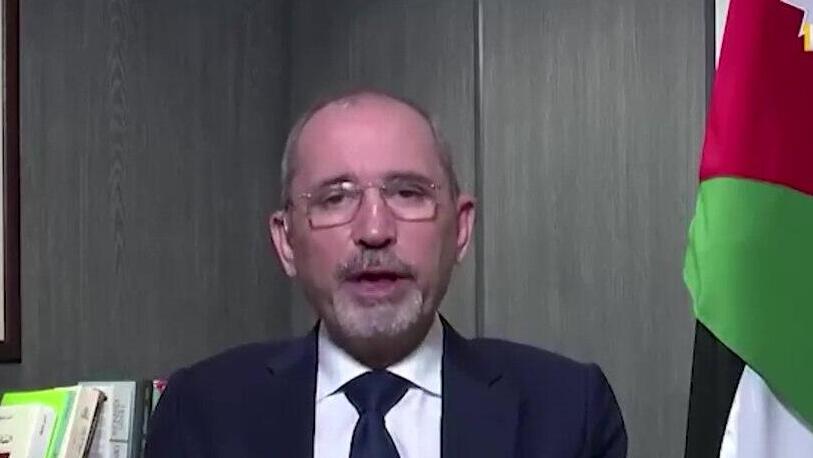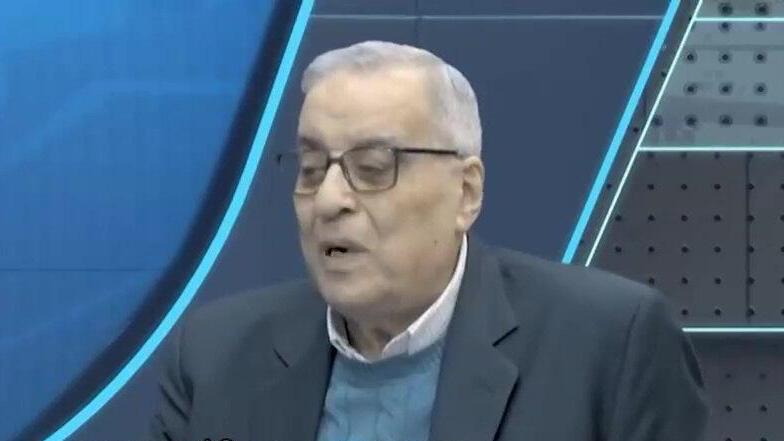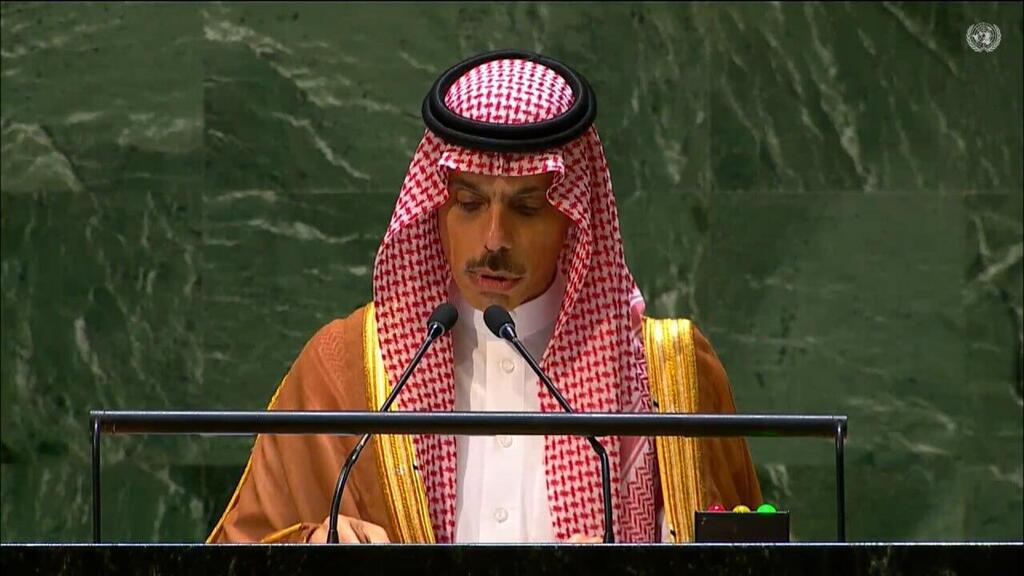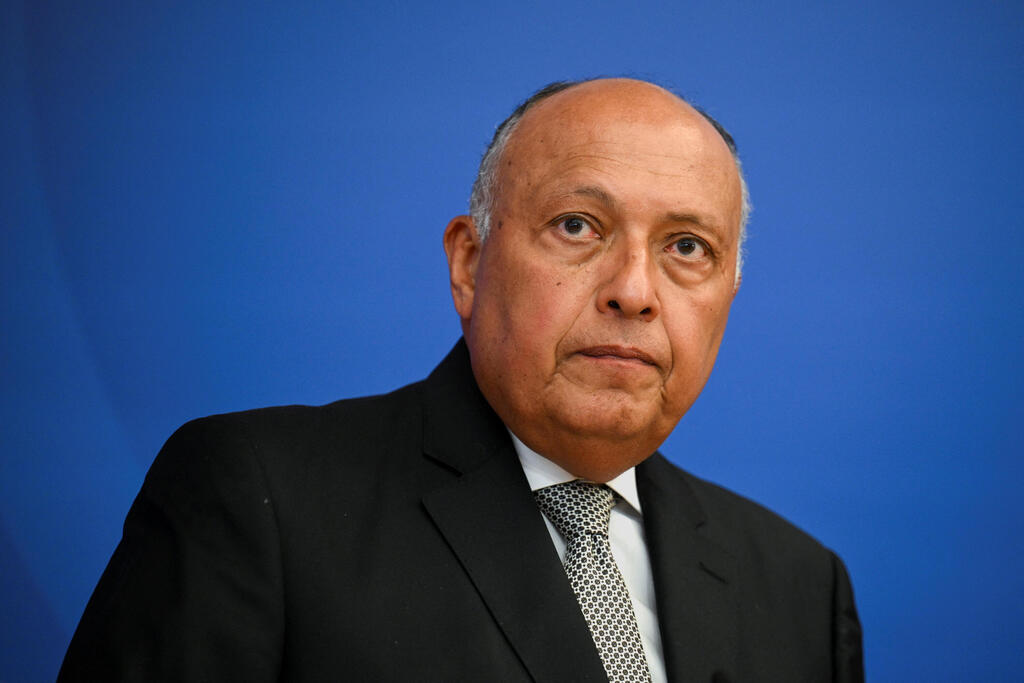Getting your Trinity Audio player ready...
Since the onset of the Hamas-Israel war, a host of Arab foreign ministers have stepped to the fore, increasingly involving themselves in the decision-making process. Highlighting this shift, an Arab-Islamic ministers committee was formed, tasked with developing a solution to bring about a cessation of hostilities.
Read more:
Panel members have toured the world in an attempt to ratify the kind of support required to make substantial headway, with each member bringing their A-game to fully establish their home country's status and carve a path to secure their interests. While some are highly critical of Israel, others aren't quite that fervent.
Jordan: top diplomat accuses Israel of 'war crimes'
One of the Arab ministers most extreme in their rhetoric against Israel hails from a country that has signed a peace agreement with the Jewish state - Jordanian Foreign Minister Ayman Al-Safadi. Since the beginning of the war, Al-Safadi has been very active in various meetings and forums, and just last Sunday, he met with U.S. Secretary of State Antony Blinken, who is visiting the region.
Not one to shy away from painting Israel in a negative light, he has consistently brought forward the Palestinian right to establish a state. Last week, he said his country was working on preparing legal cases to take on Israel's "war crime" campaign. Unsurprisingly, Jordan now backs South Africa's case against Israel in The Hague.
Lebanon: Israel 'won't dare get close'
Abdallah Bou Habib is taking on some influential responsibilities, and a recent interview implied Israeli statements about an imminent war in the north are all bark and no bite, claiming "they won't dare get close." Ironically, the following day saw the assassination of Hezbollah official Wissam Tawil in southern Lebanon, an operation attributed to Israel.
Lebanon is facing multiple crises other than Israel, such as its dire financial outlook and the fact it has gone without a president since 2022.
Saudi Arabia: wary of speaking about Gaza war
Saudi Foreign Minister Faisal bin Farhan Al-Saud took a more cautious approach toward Israel. While Saudi Arabia has criticized the situation in Gaza and called for a cease-fire, Riyadh's misgivings seem to be aimed more broadly at the international community's hesitance in taking steps, rather than focusing specifically on Israel.
Bin Farhan has stressed several factors Saudi Arabia believes need to happen when it comes to the Gaza front - an immediate cease-fire, introduction of humanitarian aid, release of all hostages and forming a path to peace.
Egypt: wants to have Palestinian cake and eat it too
Egyptian Foreign Minister Sameh Shoukry has been doing all he can to convey the message that Cairo has the Palestinian civilians' best interest at heart by facilitating the passage of as much humanitarian aid to Gaza as possible via the Rafah Crossing, while simultaneously actively working to both uproot Palestinians from the Sinai Peninsula and prevent Gazan refugees to seek shelter on Egyptian soil.
Naturally, there are other senior Arab diplomats, such as the Qatari foreign minister (who is also the country's prime minister, Mohammed Al Thani), whose country is actively participating in formulating a second hostage-prisoner swap between Israel and Hamas.
Iranian Foreign Minister Hossein Amir-Abdollahian has also been ever-present in this conflict, naturally the most critical of Israel out of everyone.







